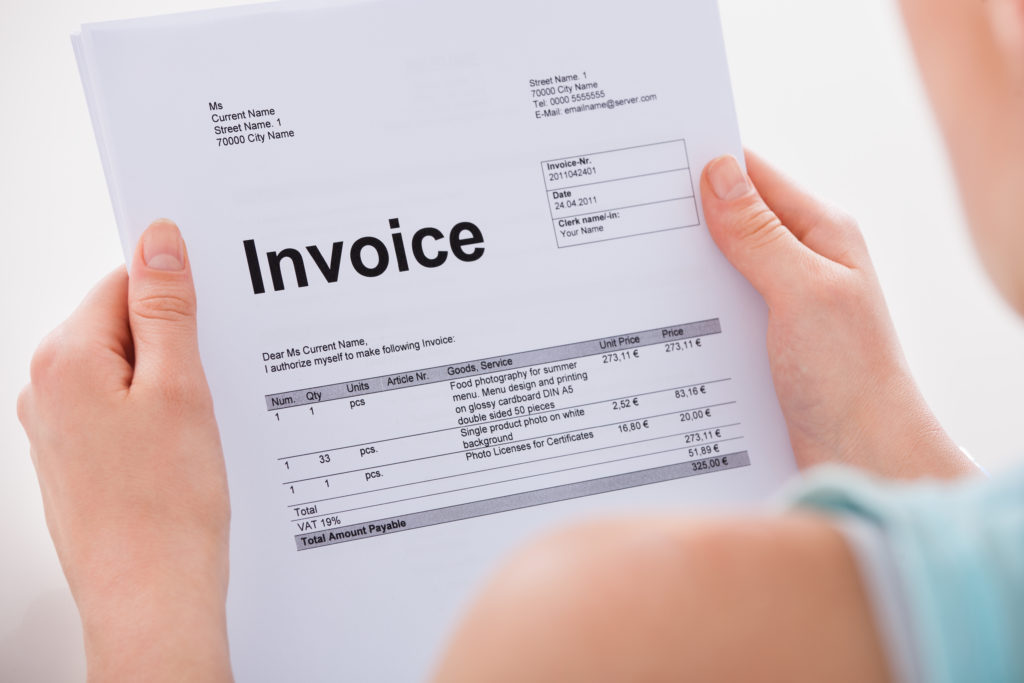Invoicing is an essential element of any business transaction – it lays out the terms of the agreement and ensures that both parties are clear on what is being exchanged and for what price. However, sometimes customers can be delayed in making their payments, which can have a knock-on effect on your business’s cash flow and ability to meet its financial obligations.
There are a few key steps you can take to avoid this issue:
Make an unambiguous invoice
The first way is to ensure that your invoice is clear and concise. It should include all the relevant information about the transaction, such as what goods or services were provided, the agreed-upon price, and the date of the transaction. This will minimize any confusion on the part of the customer and make it more likely that they will make their payment on time.
Specify a due date
Include a specific due date on your invoice so that customers are aware of when their payment is expected. You can also offer a discount for early payment, which may incentivize customers to send their payment sooner rather than later. Sharing the due date is essential to make things clear.
Use an online invoicing system
There are a number of online invoicing systems, like https://vantazo.com, that can help you keep track of your invoices and payments. This can be helpful in case there are any disputes about when an invoice was sent or received. Online invoicing systems can also automate the process of sending reminders to customers who have yet to make their payments.
Keep accurate records
Keeping accurate records of your transactions is important for a number of reasons, not the least of which is being able to chase up late payments. Make sure to keep copies of all your invoices and any correspondence with customers regarding payment. This will give you a chance to build a strong case if you desire to take legal action to recover a debt.
Consider using legal action as a last resort
Threatening legal action may be enough to prompt a customer to make their payment, but it should only be used as a last resort. Taking legal action can be time-consuming and expensive, and there’s no guarantee that you will win your case. It’s often better to try other methods of recovering the debt first.
Get paid upfront
If possible, arrange to get paid upfront for goods or services. This can be done by needing customers to pay a deposit before work begins or by providing them with a quote for the total cost of the project so that they can make one lump-sum payment at completion. Getting paid upfront will help ensure that you always receive at least some payment for your work, even if the customer is delayed in making the rest of their payment.
Offer financing options
Some customers may be unable to pay the full amount of an invoice upfront. In these cases, you can offer financing options so that they can spread the cost of their purchase over time. There are a number of companies that offer lending services to small businesses, so shop around to find the best rates and terms.
Use a collections agency
If you’ve tried almost all of the above methods and you’re still not being paid, you may need to enlist the help of a collections agency. These companies specialize in recovering debts, and they may be able to get your money for you. However, there will usually be a fee involved, so make sure you’re comfortable with that before moving forward.
Taking these steps will help you avoid the stress and financial difficulties that can come from late payments. By being proactive and staying organized, you can keep your business running smoothly and maintain a healthy cash flow.
Bottom Line
Invoicing is an important part of running a business, but it can be tricky to get paid on time. Use these tips to make sure your invoices are clear and concise, include a due date, and keep accurate records. You should also consider using an online invoicing system or taking legal action as a last resort. Getting paid upfront, offering financing options, and using a collections agency can also help you recover late payments.



